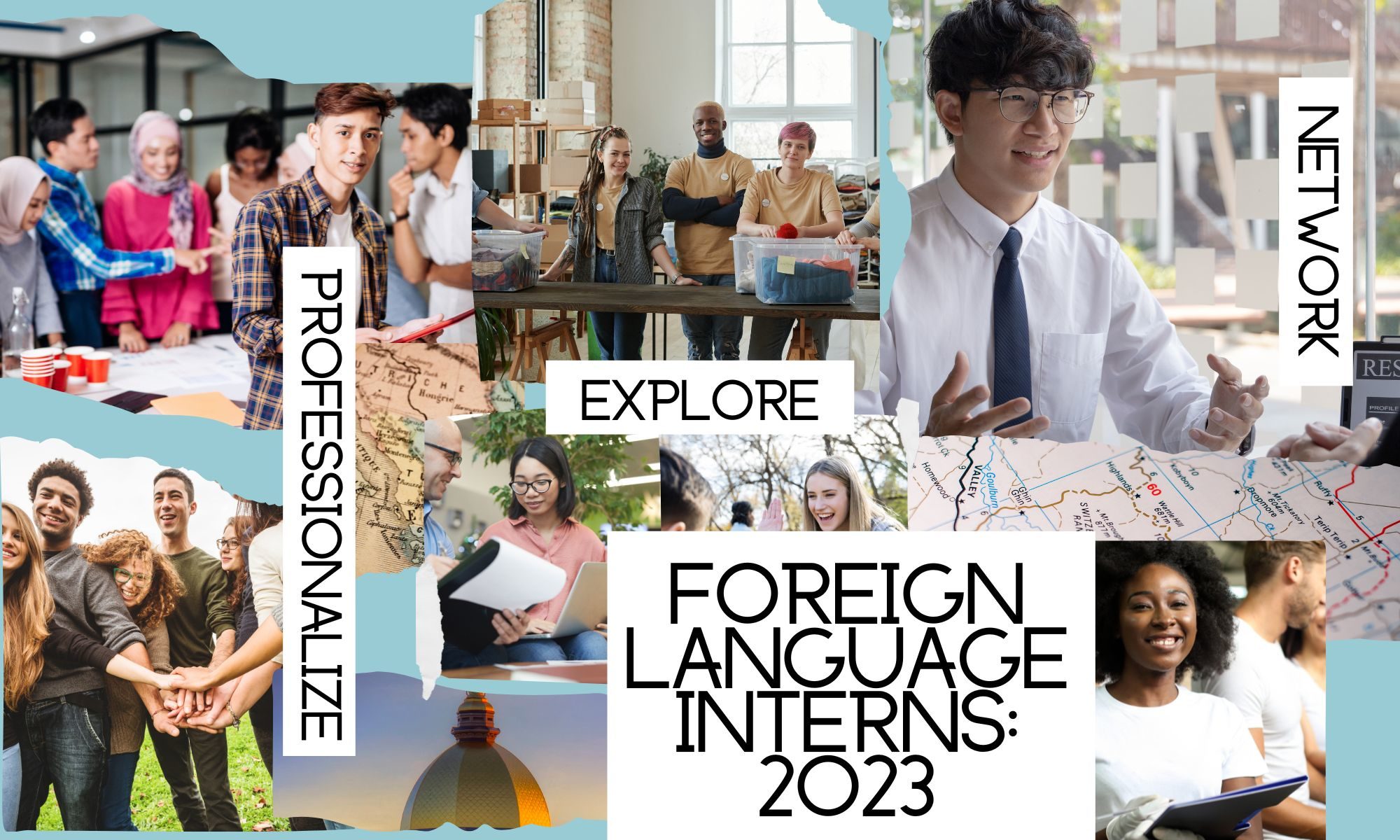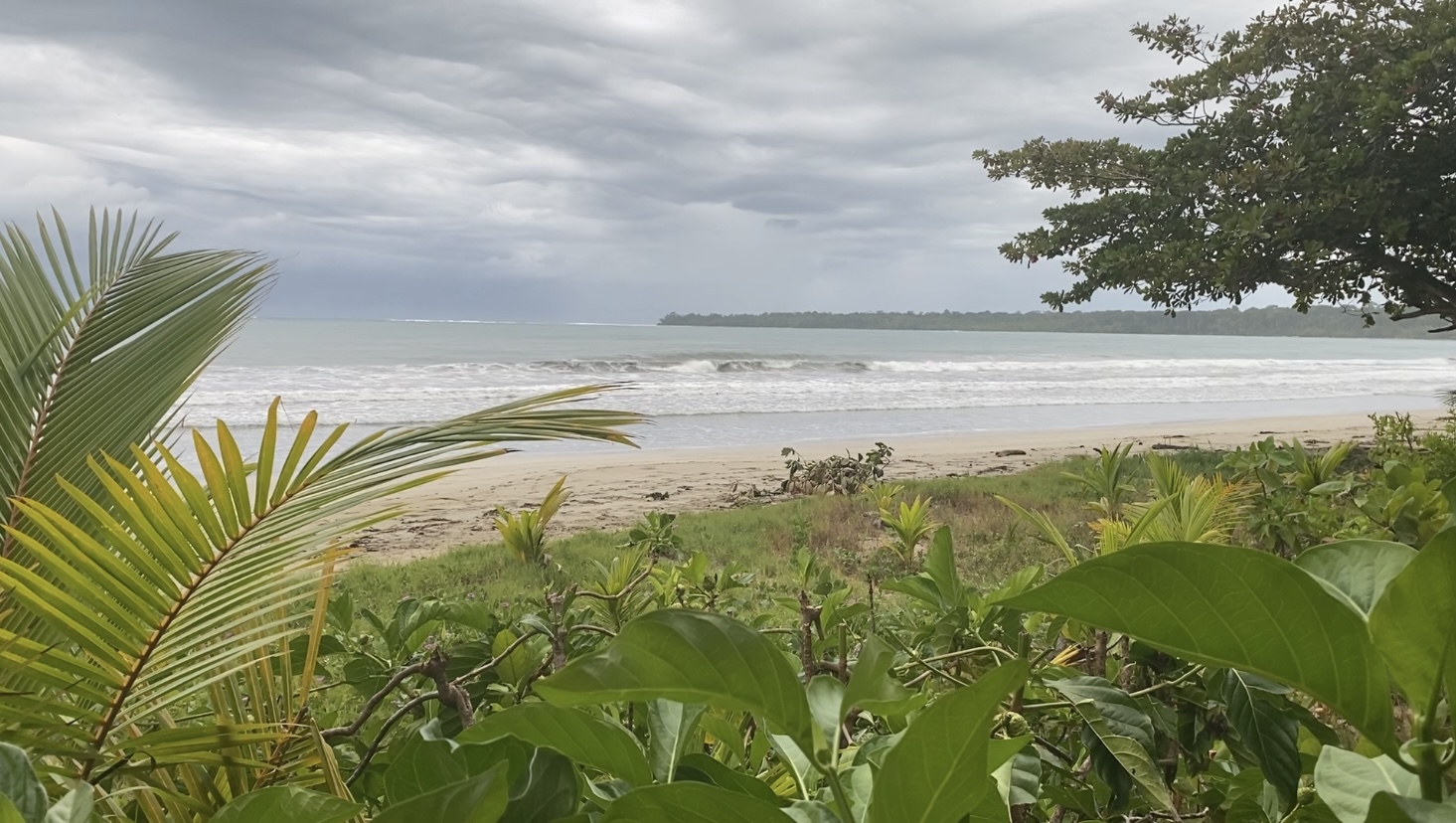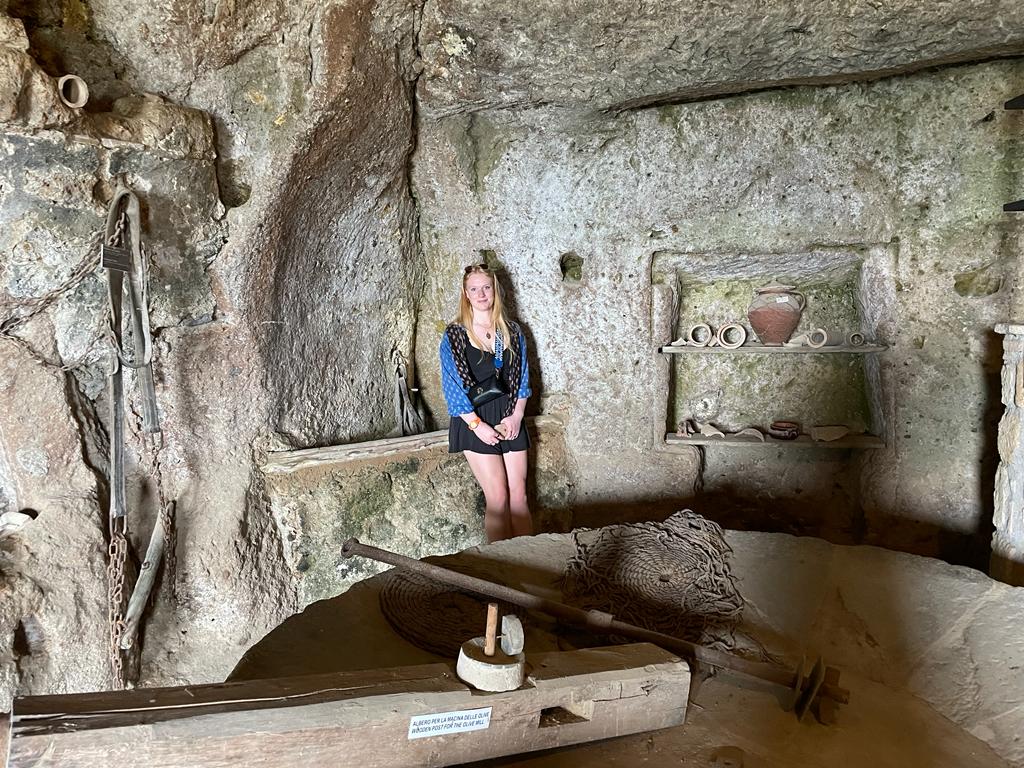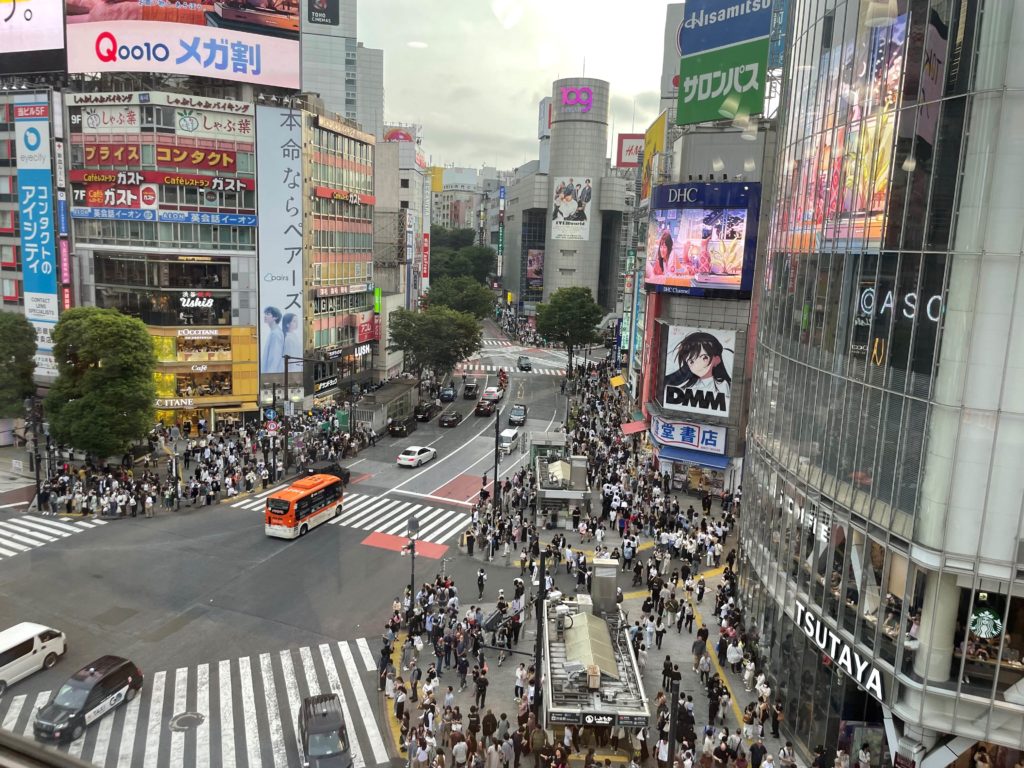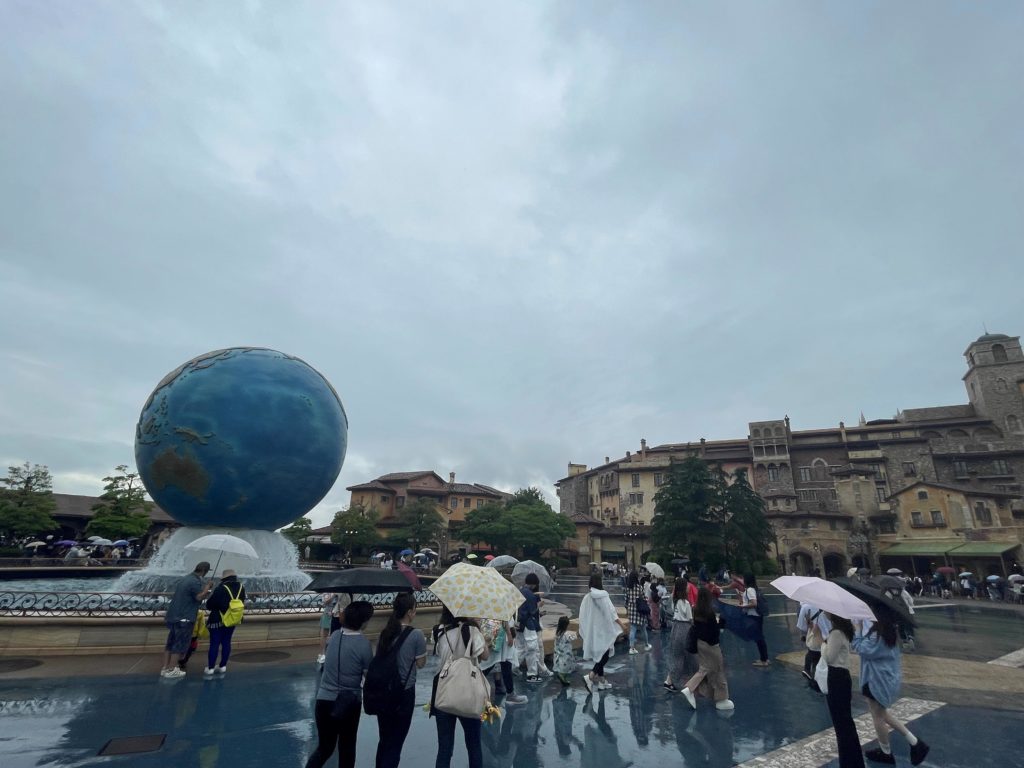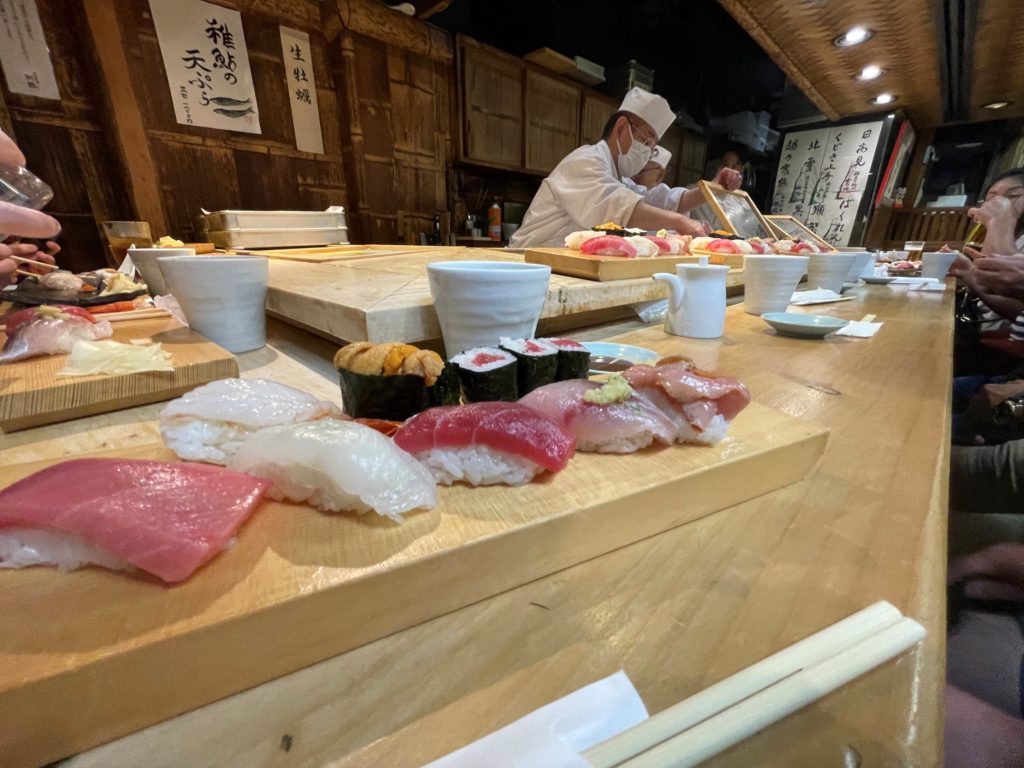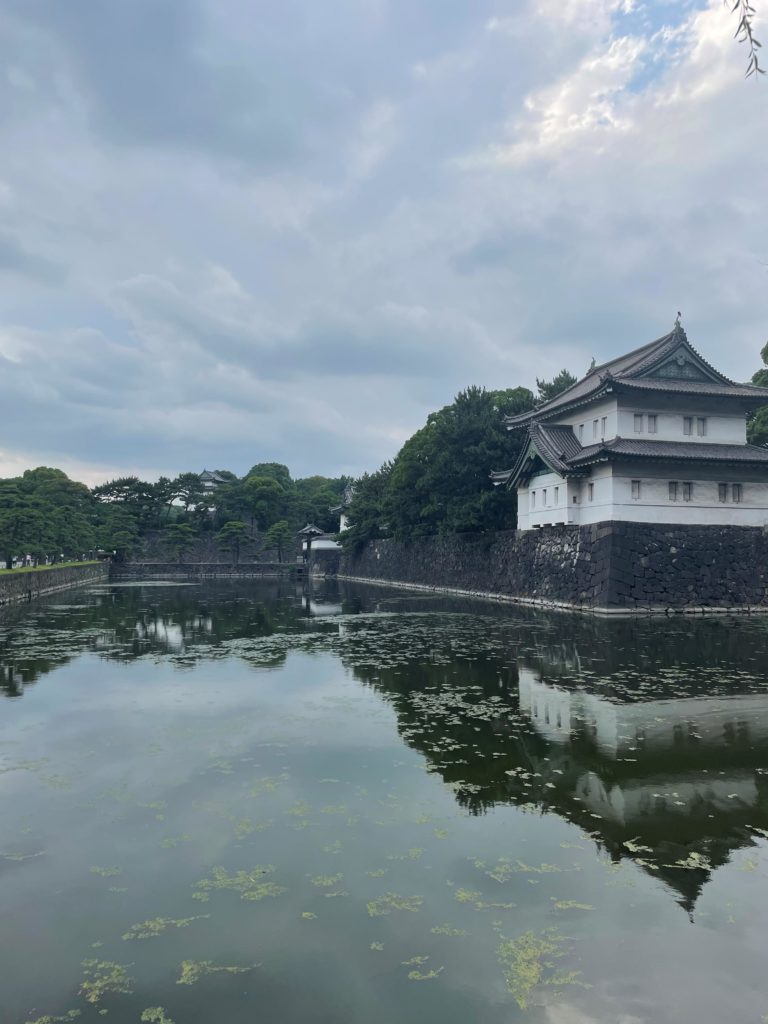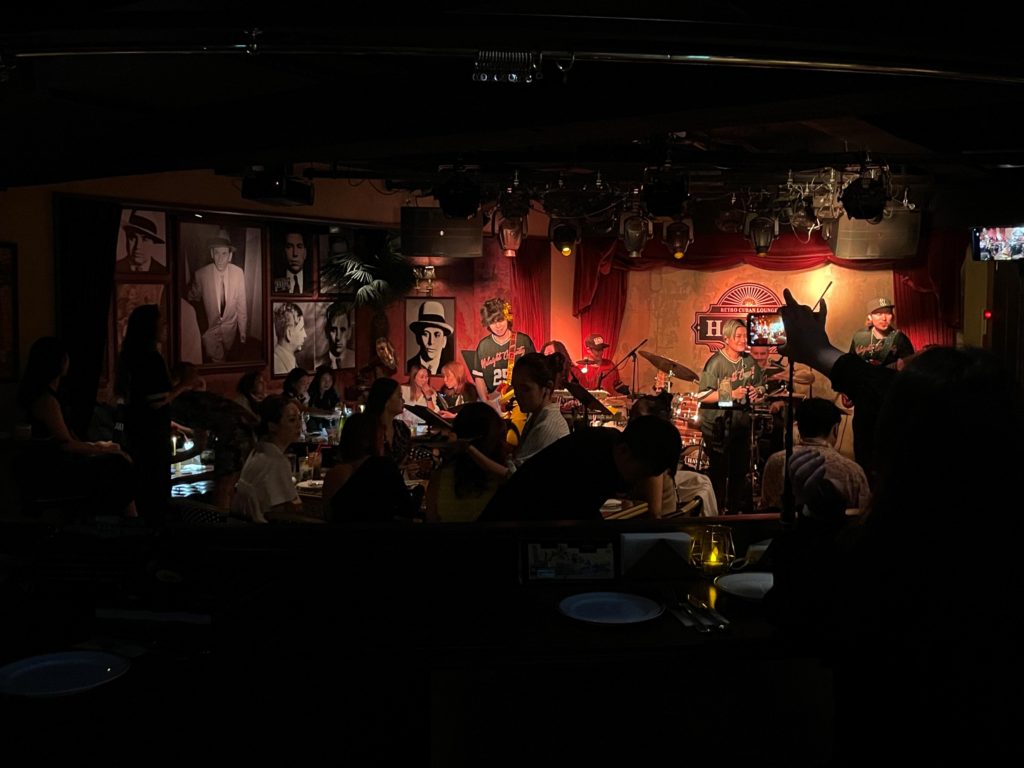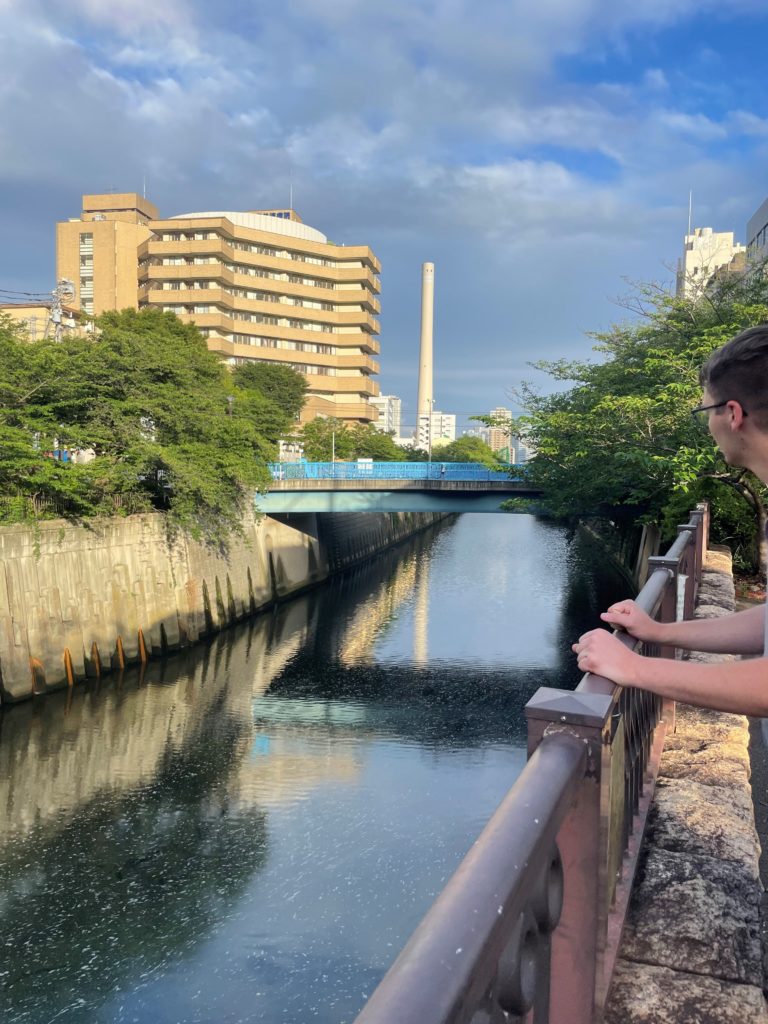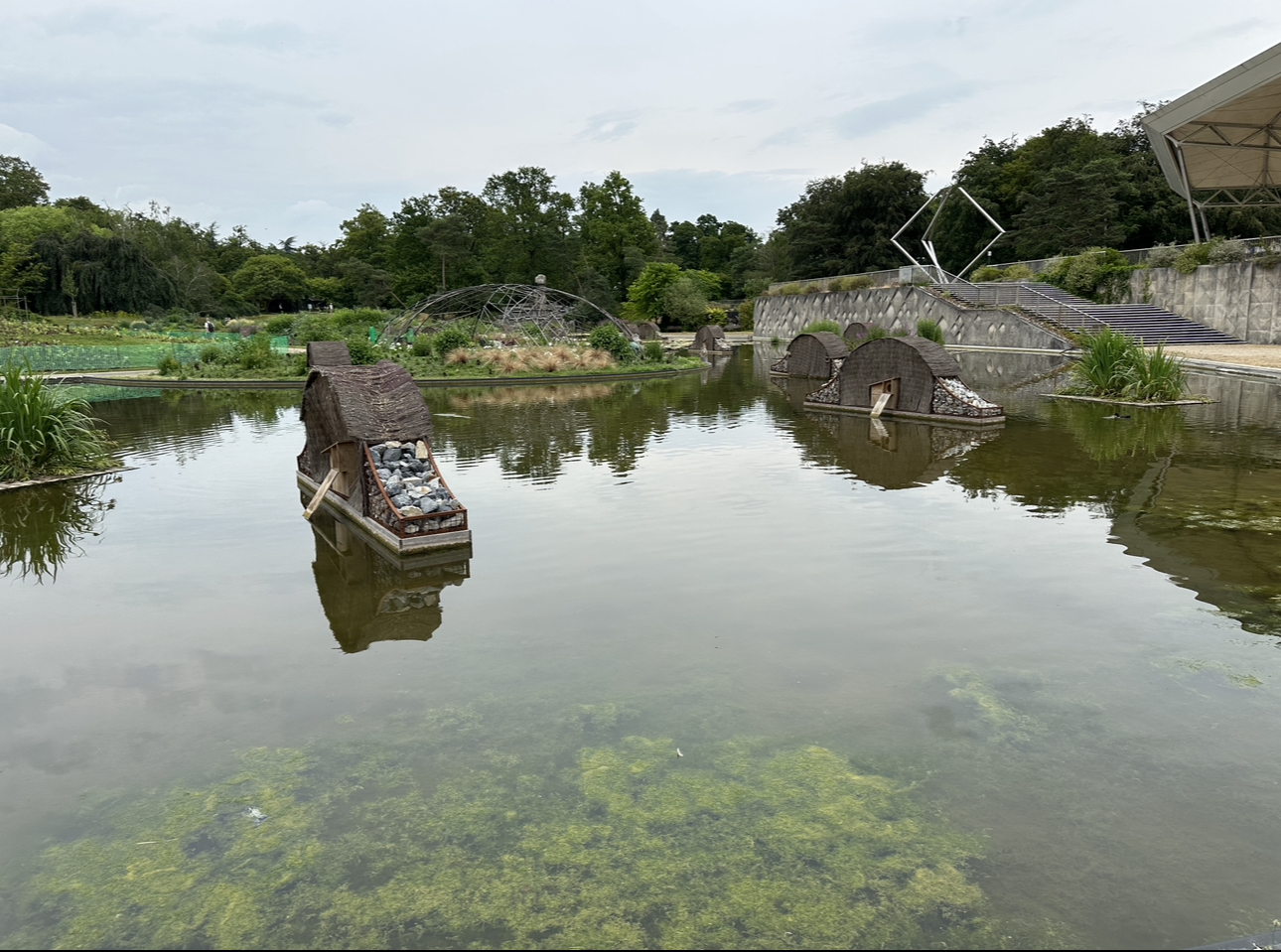I wish I had thought to take a photo of myself on my first day of my internship as a tangible comparison to where I am, just a couple weeks later. I walked into Mila 20 minutes early for my 9am arrival time, wearing a navy blue sundress and sneakers with my hair in a neat braid. I worked just 3 hours that day, mostly washing dishes, and went home absolutely exhausted. The Portuguese spoken by customers and staff was often fast and clipped. I had to give them my full attention, actually orient myself to see their lips move, if I hoped to understand. I needed help every step of the way. I didn’t know how to take orders, bus tables, use the computer, charge people, or make drinks. I didn’t know who was a regular or a first-timer, that the people who brought their own mugs and those who worked at the French Embassy a block away got a discount, or that a bica is an espresso and a galão is a latte. I walked into Mila the other day at 9:03am, not quite so out of breath from the hilly 40-minute walk. A cheerful “bom dia” was exchanged as I walked purposefully behind the kitchen and climbed the stairs, setting my backpack on a shelf along with the others. I pulled off the tank top I had worn on the walk and replaced it with one of my black Mila shirts. Tying it in the back, I pulled my hair back in a clip, slid a notepad and pen into my jean shorts pocket, and headed back down, Birkenstocks clomping on the stairs. The cafe was quiet— it was still early— so I hopped behind the bar to fill glass water bottles and wash some dishes, joking with one of my favorite baristas and hearing about his day at the beach the day before. Just an hour later, not a seat was vacant. I navigated the sea of bodies from table to table, switching from Portuguese to English at the drop of a hat, taking orders, answering questions, giving recommendations about places to see in Lisbon. It was this day, this critical incident that I felt I finally became immersed in the culture.
Sometimes, I still can’t believe the Portuguese coming out of my mouth is mine. My speaking skills were passable before coming here, but they have improved exponentially. Three, four, five times a day people comment, calling my Portuguese “incredible,” and “native,” saying they wouldn’t have guessed that it wasn’t my first language. I always smile politely while my insides leap. I’m so happy to be in a place where I speak Portuguese almost constantly. Out of the 15 employees at Mila, three are Portuguese, three are Nepalese, and the rest are Brazilian. Brazilian Portuguese was, and still is, the easiest for me to understand. It’s slow and more pronounced, plus I’m just more used to it. The Lisbon Portuguese has been an adjustment. I’d say I can, now, understand 90% of what the Portuguese employees at Mila say to me on the first try, especially if they say it a little slower. Harder is when the Portuguese customers come in, because I speak Portuguese to them, so they don’t know that it’s my second language and that I’m not super familiar with the Portuguese accent in Lisbon. Sometimes I’ll have to ask for an order two or three times before I get it, but it’s happened far less in the past week than in the weeks before. I’ve learned to recognize accents: from just a word I can often tell who’s German, American, Italian, French, Portuguese, Spanish, or English. I’ve learned to swap almost effortlessly between Portuguese and English, using them interchangeably when I write orders on my notepad. One table I go to speaks English, the next speaks Portuguese. One of the baristas at Mila is Chilean; he speaks to me in Spanish and I respond in Portuguese. Another is French but speaks only English, no Portuguese, so I’ll often act as a translator. In just two weeks, I’ve learned the difference between an imperial and a caneca, a café and a coffee. I’ve learned what a contribuente number is, how to print a factura, how to manage expectations, apologize for an error, and deal with difficult people, in multiple languages. I’ve also learned how exhausting a service job can be. I work eight hours a day, five days a week. I’m on my feet for all of it, except for my 30 minute lunch break. I walk back and forth from the kitchen to the bar to the tables a million times an hour, or bend over a sink washing dishes or a blender making smoothies. It doesn’t sound like much, but I do see the difference between intellectually challenging, which I’m more used to, and physically draining, which I’m not. Regardless, the language skills I’m learning and the fun I’m having at Mila, and in Portugal, has far exceeded my expectations. I can’t wait for another 5 weeks.
